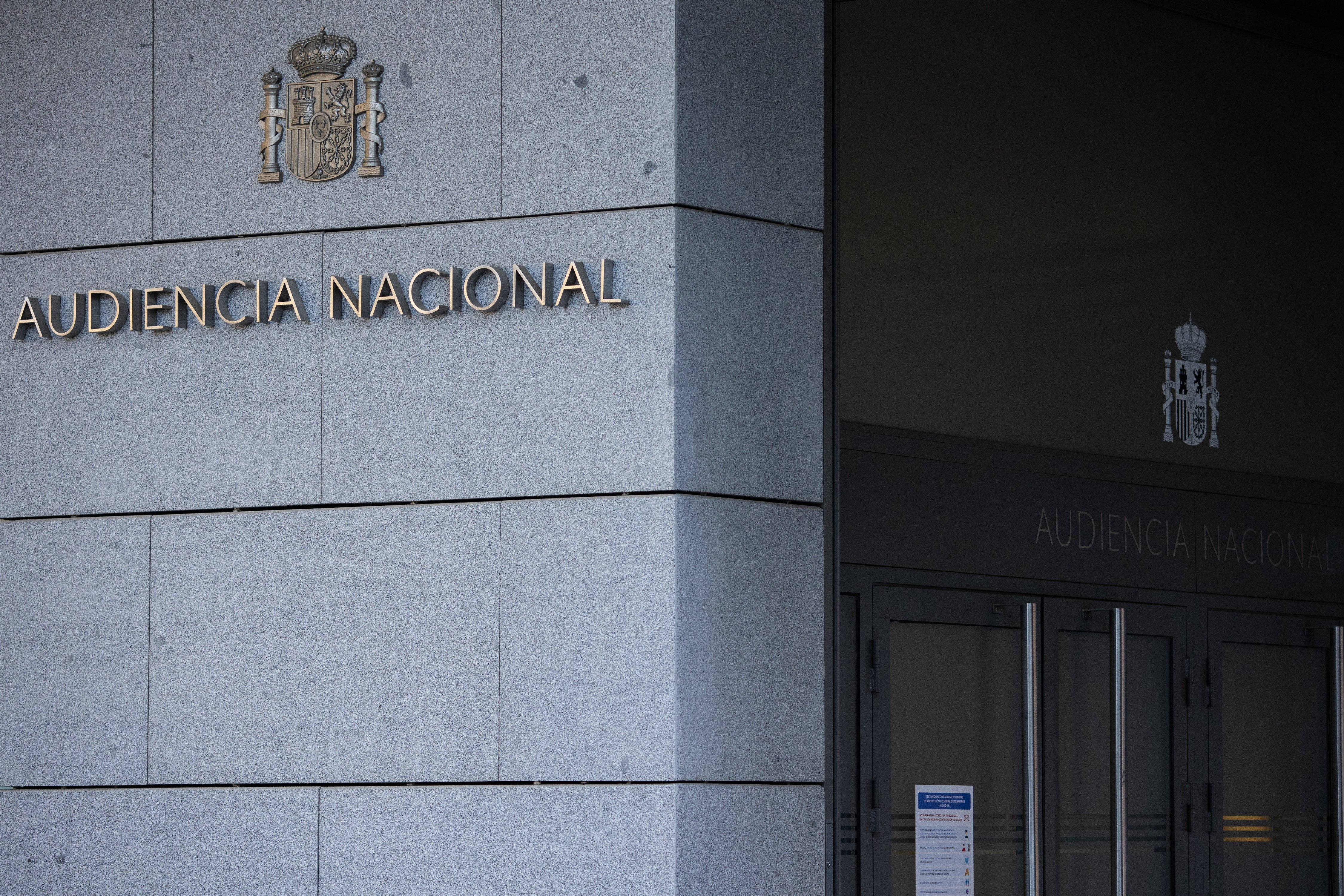Executive, legislature and judiciary: all the powers of the Spanish state have closed ranks in the face of this episode in the persecution of the Catalan independence movement. Almost a month ago, the report of the Spanish interior ministry was made public, justifying the infiltration of undercover members of the National Police Corps in pro-independence youth organizations, by drawing parallels with terrorism. Ten days ago, it was the PSOE and Unidas Podemos who prevented, in the Congress of Deputies, the appearance of interior minister Fernando Grande-Marlaska to explain the issue. And this week, the judiciary has put an end to the matter: the senior criminal court, the National Audience, has rejected the complaint made by Òmnium Cultural and two of the youth associations targetted by police moles (Jovent Republicà and the Student Union of the Catalan-speaking Lands), accusing Grande-Marlaska's ministry of violation of fundamental rights. Òmnium says it will appeal the decision.
In the National Audience's written decision, to which ElNacional.cat has had access, the administrative disputes chamber argues, in essence, that it is not competent to make "a precautionary or future pronouncement". In this line, the judges add that "the actions of which the interior ministry is accused, constituting a method of execution, would have already ceased", as indicated by the Spanish state solicitors, and that for this reason it is even less of their business. As a consequence of all this, the complaint is dismissed and the complainants are ordered to pay the costs incurred.
Sources from Òmnium Cultural point out that at present they are studying ways to appeal the decision, because the court's arguments to dismiss the matter "are not consistent". The Catalan cultural association's defence is in the hands of lawyer Benet Salellas, who is likely to present an appeal before the same court and then go to the Supreme Court.
One undercover officer and another attempted
It was on June 7th when the digital publication La Directa revealed that a Spanish National Police officer from Menorca, acting under the false identity of Marc Hernández Pon and posing as a Mallorcan, had actively infiltrated the Catalan student movement, specifically the Students' Union of the Catalan-speaking Lands (SEPC), as well as becoming a regular member of a housing activist group in Barcelona's Barri Gòtic and joining a neighbourhood movement in the Eixample Esquerra. In this case, one year after joining the police, in June 2020, when the public were just beginning to emerge from Catalonia's first major lockdown of the pandemic and it had wreaked havoc on many families, he became an activist in these groups of the pro-independence left, where he was active for two years until he was discovered.
Less than three weeks later, a second case was revealed, affecting Jovent Republicà, the youth movement of ERC. The planting of an undercover officer did not, in the end, take place, but there was a attempted recruitment by the Spanish police. A young man was targeted by two alleged officers of the Department of National Security - directly dependent on the Spanish government - and he himself denounced the attempt and went so far as to record part of his meetings with the agents as evidence.
What did the ministry report say?
The National Audience accepted the arguments put by the Spanish interior ministry. In the document sent to the court, the department led by Fernando Grande-Marlaska remarked that it was considered "legitimate, suitable and appropriate" to plant undercover agents in youth movements in order to capture information, and the text linked the practice directly to methods used in the prevention of terrorism, with the ministry justifying the actions due to alleged violent actions and strategies used by the independence movement: "people who belong to the world of pro-independence associations, encompassing a wide range of associations, work together to achieve the illegal independence of Catalonia, in some cases going as far as carrying out radical-violent actions within the framework of the overall secessionist strategy". Regarding the techniques used by the police monitoring of these youth movements, the ministry justified itself by pointing out that they are tactics included in anti-terrorist protocols.

